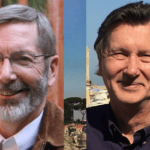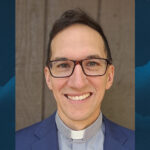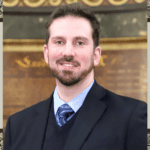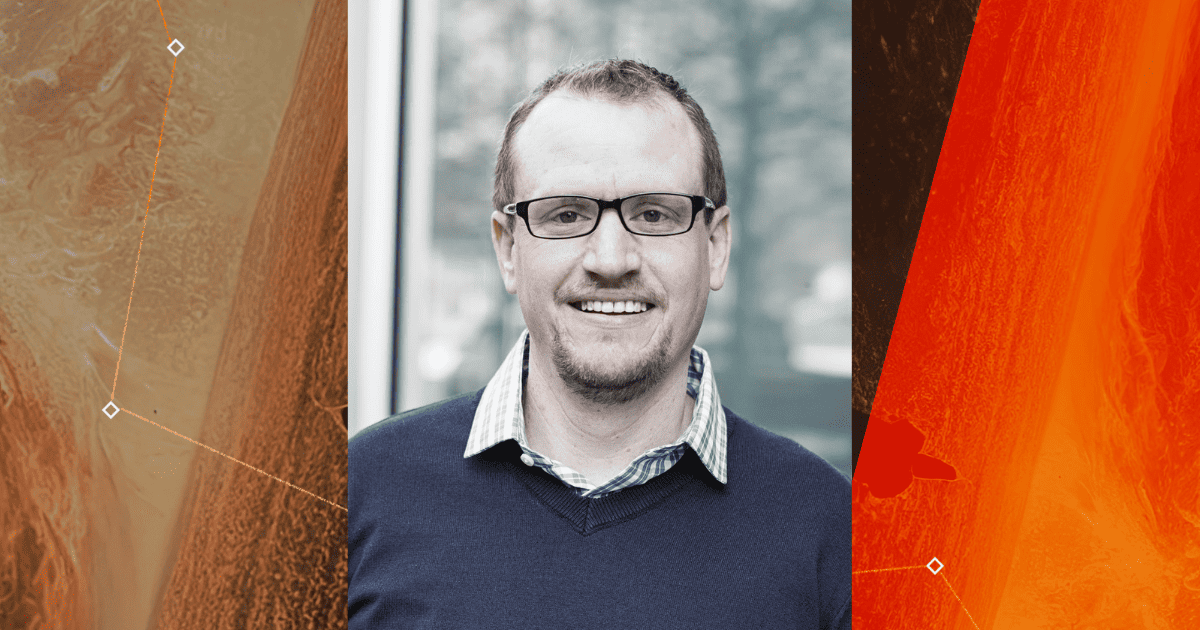
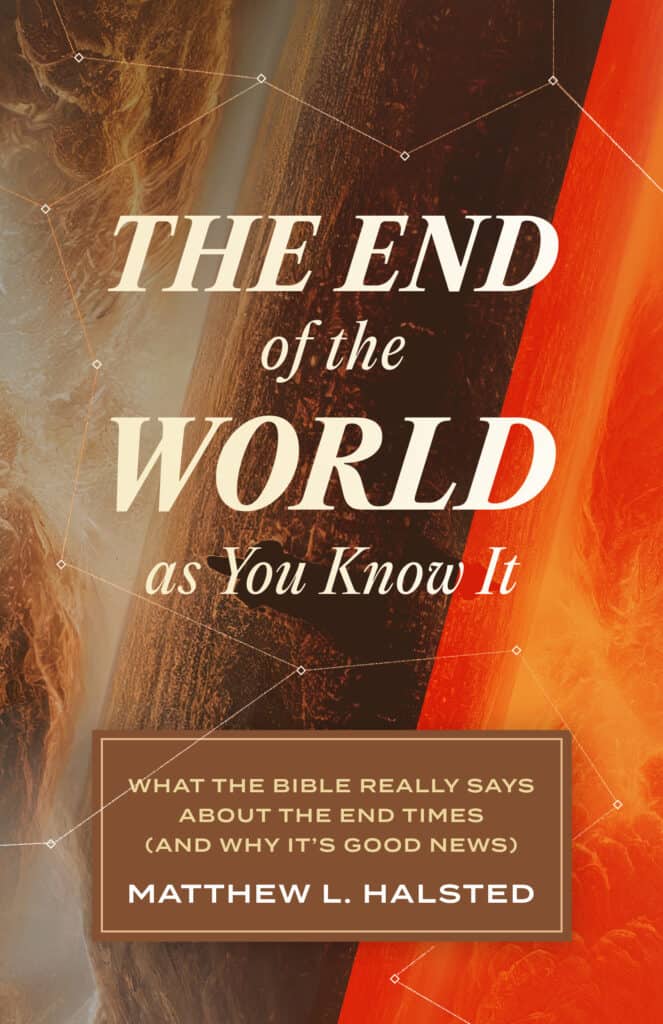
Matthew L. Halsted is the author of The End of the World as You Know It: What the Bible Really Says about the End Times (And Why It’s Good News). In The End of the World as You Know It, Matthew L. Halsted challenges common end-times assumptions and points us back to Scripture. Each chapter reevaluates a popular question in light of the Bible’s own concerns: Will Christians be raptured? What is the mark of the beast? When we let Scripture direct our questions, we get better—and more hopeful—answers.
In our interview below, Halsted shares that this book started out as a string of off-the-cuff thoughts on his phone and how this book is “framed in such a way that invites readers to walk alongside me as we explore the Bible together, putting our sundry pre-conceived notions to the test along the way.”
Matthew L. Halsted is associate professor of biblical studies at Eternity Bible College and author of Paul and the Meaning of Scripture: A Philosophical-Hermeneutic Approach to Paul’s Use of the Old Testament in Romans.
Lexham Press: What is the story behind The End of the World as You Know It: What the Bible Really Says about the End Times (And Why It’s Good News) and what is your book’s basic thesis?
Halsted: Interestingly, this book started out as a string of off-the-cuff thoughts on my iPhone Notes app. Here’s the story. It was around 2020 when there were lots of discussions among Christians — mainly among evangelical Christians — about the end of the world, eschatology, etc. This was the height of the pandemic, and there were tons of rumors floating around social media about sundry conspiracy theories regarding the Mark of the Beast, etc. My wife and I were seeing these things on social media feeds, and she began encouraging me to post some explainers about various end-times texts that were being used to spread conspiracy theories. I was initially reluctant to weigh in, but over time I decided to. I wrote some thoughts on my Notes app, and posted on social media — and it went wild and was shared widely. An editor friend of mine at Logos saw the post and asked if I could adapt it for an article for the website. That led to another article — both of which eventually led to this book.
LP: What contribution do you hope to make with The End of the World as You Know It?
Halsted: My hope for the book is that it will encourage people to think carefully about what the Bible actually says about the so-called “end times.” There’s a lot of wild teaching out there, and my fear is that much of that information is consumed with little critical reflection — which, sadly, leads to fear and anxiety. I mean, eschatology is powerful. People actually make major life decisions based on what they’ve been taught about eschatology — how to vote, where to shop, how to respond to health emergencies, etc. I don’t claim to have the final word on the Bible’s eschatological passages — many of which are actually not all that clear. But what I do know is that these passages need to be handled carefully and not be married to unhelpful modern assumptions.
LP: Describe a particularly surprising or enjoyable aspect of writing The End of the World as You Know It.
Halsted: Writing the book was a lot of fun. The book is framed in such a way that invites readers to walk alongside me as we explore the Bible together, putting our sundry pre-conceived notions to the test along the way. In every chapter, we constantly remind ourselves to ask questions. It’s not enough to read the Bible. We also have to think of the right questions to ask, and a person has to be willing to ask those questions — all of them, as risky as that might be. One example of this can be found in my chapter on the “rapture.” I take readers back to passages like 1 Thessalonians 4 and ask readers to consider, among other things, first-century political practices — which, surprisingly enough, would have led the early Christians to think much differently about Paul’s idea of meeting the Lord in the air than how many Christian think of that passage. It’s fascinating stuff, but until we’re willing to risk our own assumptions, we’ll never understand what Paul was actually talking about.
LP: Share with us something surprising about yourself that only your friends would know.
Halsted: I have a deep fascination with the arts, particularly music. I’m a musician myself, and — as odd as it may sound — my guitar teaches me a lot about biblical interpretation: Even if you have all the good notes, what good is that? Until you know how to piece them together, you’ll never get music.



